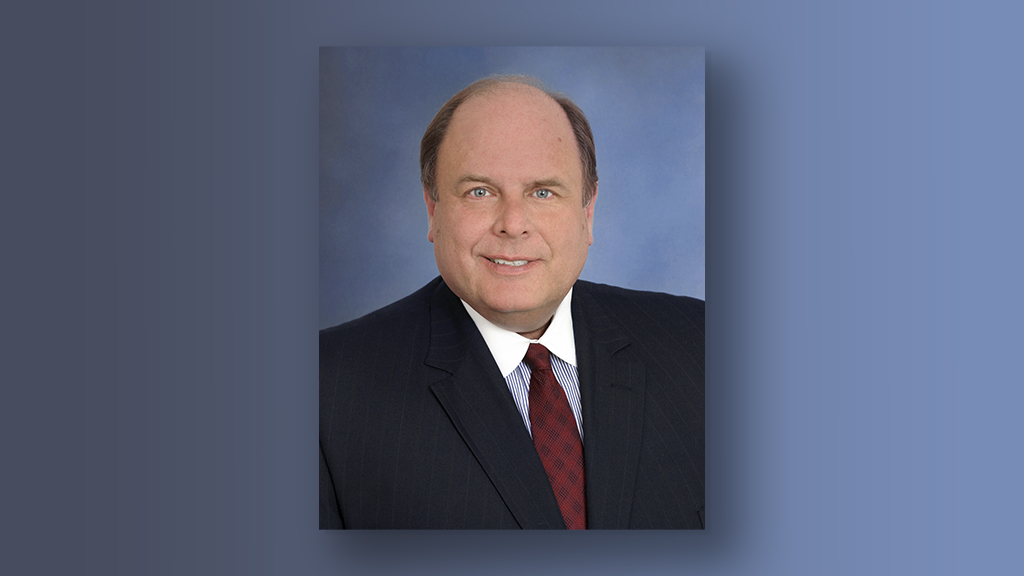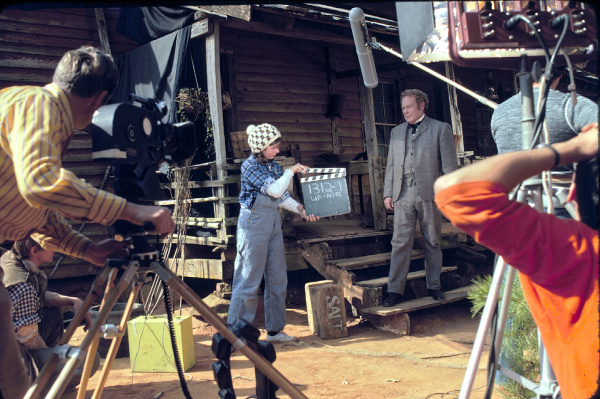“I wouldn’t say I was a very popular person to be honest with you,” said 1974 BJU accounting graduate Steve Austin of his years at Price Waterhouse (now PwC). “I didn’t compromise on a lot of things that people would compromise on. … I wasn’t the kind of guy that went out with the boys on Friday nights. I just never did that. I’d go home, enjoy the family.
“But I did work very hard. I outworked everybody in the office.”
Austin’s work ethic, combined with skills and talents, was rewarded significantly when he was made a partner after 12 years with the firm. Secrets to his success are lessons he learned while a student at BJU.
Beginnings
Born in western North Carolina, Austin’s family moved to rural Indiana when he was a young child. It was while Austin and his family lived in Indiana that they were introduced to Christianity and came to know Christ.
“We ended up going to a very small Baptist church in a place called Yeddo,” he said. “The pastor there was a fellow by the name of Bernie Finch. He had graduated from Bob Jones, and he started talking to us about the school.”
Austin’s family moved back to western North Carolina when he was in high school, and both he and his older sister were able to attend Bob Jones Academy. “We lived in the dorms, but (Asheville) was our home … which was nice,” he said. “You could kind of get away on the weekends.”
See Also: Around Greenville: Day Trip to Asheville, N.C.
After graduating from both the Academy and BJU, Austin completed an internship at Price Waterhouse in Chicago before going on to the University of Georgia for his MBA. It was while he was in Georgia that he married his wife Gail, also a BJU graduate. After completing his master’s degree, Austin accepted an audit staff position in the Price Waterhouse Atlanta office, where he served for 10 years.
“The Kiss of Death”
Austin’s bosses at Price Waterhouse noticed his hard work was bringing in business and decided to see what he could do at the national offices in New York City. “Now, nobody had survived those tours of duty out of the Atlanta office for probably 20 years,” said Austin. “It was kind of the kiss of death.”
Austin moved to New York and became a thought leader on new pension accounting rules. “Again, not the world’s most popular guy, but I produced.”
Austin, his former BJU debate partner and another of their friends from BJU took what they had learned about multimedia production at BJU and “put on a production (explaining pension accounting) that nobody had ever seen before of that quality in Rockefeller Center, believe it or not,” he said. That attracted the firm’s upper management to take further notice and led to Austin becoming one of the few Price Waterhouse employees chosen as a partner.
Austin spent over 20 years with Price Waterhouse before leaving for McGladrey & Pullen. He eventually bought a small California branch of Price Waterhouse and renamed it Swenson Advisors in 1998.
Leading through Writing
In addition to his work as a CPA, Austin is also an author. After the Enron scandal and several other similar financial scandals in the early 2000s, he was asked to write a book on ethics in the financial realm. Rise of the New Ethics Class emphasizes that personal ethics need to be based on biblical principles.
“You can look at Enron, the failure of Enron or WorldCom, all of which had tremendous impacts in business,” said Austin, “and they boil down to individuals making bad decisions. … People love talking about compliance and governance and doing what’s ethically right. If you ask the next question it’s, well, what’s your basis for your ethical decisions? And the point in the book is … it should be a biblical basis, the biblical worldview on ethics.”
Austin has also authored and co-authored several articles for the Journal of Accountancy. His most recent looks at how the COVID-19 pandemic has affected lease accounting. All of his articles are available on the Swenson Advisors’ Swen THOUGHT website.
Lessons Learned
Production Quality
In his years at BJU, Austin said there are three things that have served him well. The first: Vespers. “The reason I say Vespers,” he said, “is the precision by which the school required people to put on productions. … The stage management, the expertise, the ability for the audience to see a phenomenal production — Vespers is one of those programs that if they did it once a month, it would be phenomenal. The fact they did it every Sunday afternoon was unbelievable.
“The ability to put on presentations has been a huge benefit in business. … The discipline by which you put together productions and documents and the quality of a production is in your DNA when you leave that school. And when I work with other folks or graduates of other institutions, you don’t see that. You don’t see that expectation level. …
“It’s all about preparation and production and how things appear, which has helped me particularly on the marketing side of building an accounting practice. So, it’s all kind of subliminal, in a sense, because it’s not like you went to Vespers to learn about marketing.”
Routine
Another lesson Austin noted is routine. “At the school, there’s a routine from the moment you woke up till lights out. You were pretty regimented in terms of what was expected,” he said. “And it’s not that your life has to be that way per se, but learning how to multitask during a day and get a lot done and stay on time and show up on time … gets built into your DNA subliminally. And those things pay off big time in terms of your future life.”
Wake Up Early
“The third thing I’d say is get up early,” said Austin. “We lived in a rural community in Indiana, and you could hear the farmer and the tractors going at 4:45 in the morning, and you learned to get up early and get a lot done. Now, by the same token, I probably fell asleep around 9 at night. You’ve got to get your sleep in. … (But) you got a lot done during the day.”
Austin has always been busy — from working multiple jobs during high school and college to participating in the first intercollegiate debate team at BJU to teaching in a Christian high school while working on his graduate degree to sitting on multiple boards while managing a company to being active in his local church. And he has no plans to slow down. “I don’t believe in retirement,” he said. “I don’t think God designed us to just stop.”
Instead, Austin plans to keep going for as long as God allows. “God gives you whatever years He gives you, and you need to try to have as much of an impact as possible.”








